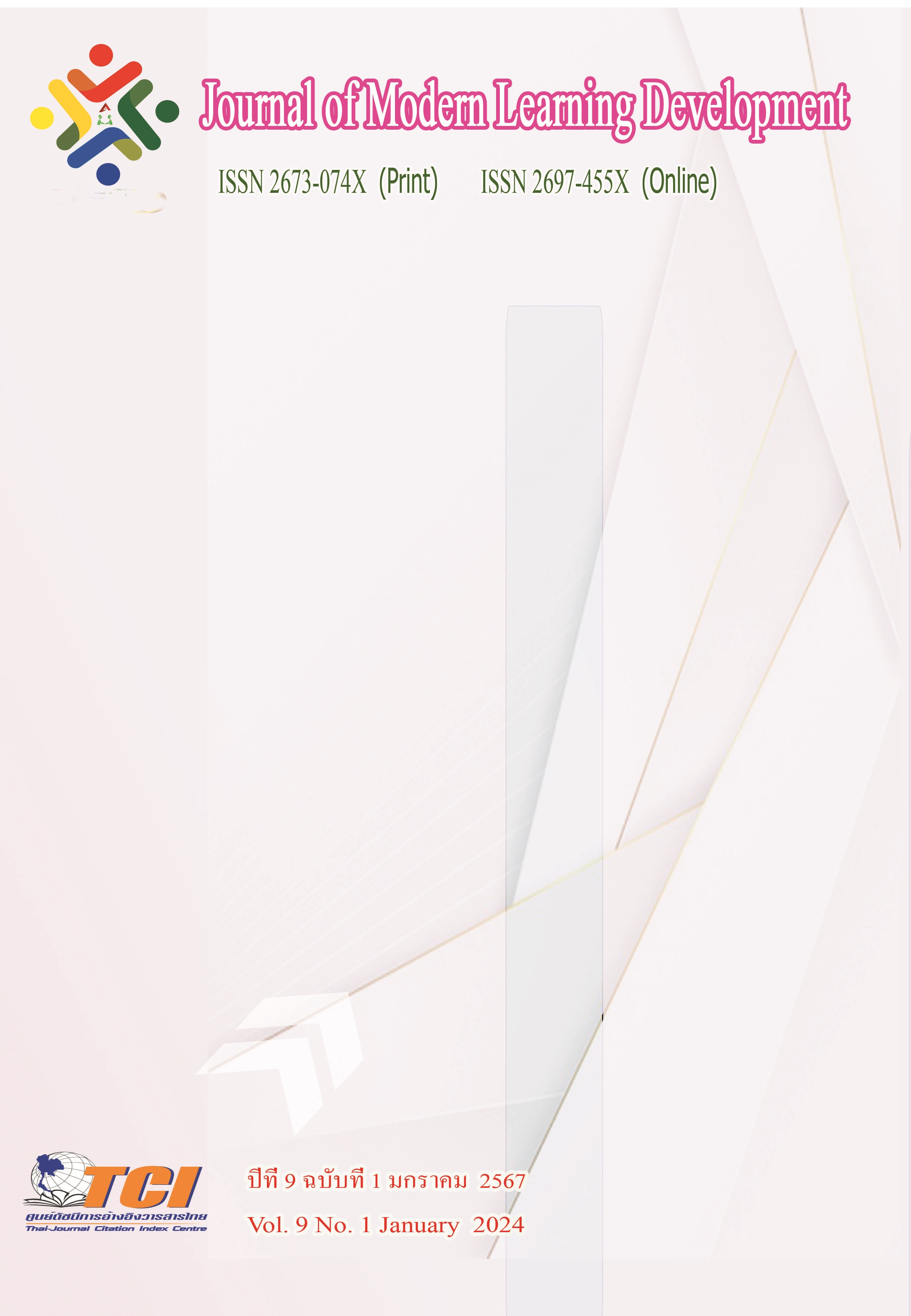วิเคราะห์การบริโภคสุราเมรัยในสังคมไทยผ่านทัศนะทางจริยศาสตร์
Main Article Content
บทคัดย่อ
บทความวิจัยนี้มีวัตถุประสงค์เพื่อ 1. ศึกษาบริบทการบริโภคสุราเมรัยที่ปรากฏในพระไตรปิฎกและทัศนะทางจริยศาสตร์ 2. ศึกษาสภาพปัญหาการบริโภคสุราเมรัยในสังคมไทย และ 3. วิเคราะห์การบริโภคสุราเมรัยในสังคมไทยผ่านทัศนะทางจริยศาสตร์ เป็นการวิจัยเชิงเอกสาร โดยศึกษาข้อมูลจากพระไตรปิฎก หนังสือวิชาการทางพระพุทธศาสนา และงานวิจัยที่เกี่ยวข้อง มีการวิเคราะห์ข้อมูลด้วยการใช้เหตุผลและให้เหตุผล แล้วนำเสนอผลการวิจัยด้วยวิธีการวิเคราะห์เชิงพรรณนา
ผลการศึกษาพบว่า
คำว่า สุราเมรัย หมายเอาทั้งสุราเมรัยและน้ำเมา ความหมายรวมเรียกว่า มัชชะ ซึ่งเป็นสิ่งพิสูจน์ความมั่นคงด้านจิตใจของภิกษุ ภิกษุณี สามเณรและสิกขมานา ผู้จะเข้ามาอุปสมบทในพุทธศาสนา โดยใช้เวลาพิสูจน์ถึง 2 ปี หากล่วงละเมิดก็จะเริ่มต้นกันใหม่ ปัญหาการบริโภคสุราเมรัยมีสาเหตุมาจากตัวผู้ดื่ม ซึ่งได้มีแรงกระตุ้นจากสื่อโฆษณา คำบอกเล่า ข่าวสารอื่นหรือสิ่งอื่น (ปรโตโฆสะ) จึงเกิดความรู้สึกอยากดื่มโดยคิดว่าหากดื่มแล้วจะมีความสุขสดชื่น ความอยากและความกระหายก็จะเพิ่มขึ้น จึงพากันเสพบริโภคอย่างเมามัน
วิเคราะห์ตามทัศนะทางจริยศาสตร์ พบว่า ทัศนะสุขนิยมเชื่อว่าความสุขเป็นสิ่งที่ดีที่สุด อารมณ์ที่อยากดื่มเป็นกระบวนการของปฏิจจสมุปบาทที่ปรากฏอย่างรวดเร็ว ในลักษณะสืบเนื่องกันไปอย่างไม่ขาดสาย ที่เป็นเช่นนี้เพราะอำนาจของอวิชชาคือความไม่รู้จริง และทัศนะสัมพัทธนิยมเชื่อว่าความจริงหรือคุณค่าไม่มีอยู่โดยตัวเอง แต่ขึ้นอยู่กับคำพูด คำเชิญชวนและคำบอกเล่าของคนอื่น จึงมีการทำตามและเลียนแบบตาม จนกลายเป็นพฤติกรรมที่ไม่พึงประสงค์ในสังคมไทย
Article Details
เอกสารอ้างอิง
พระมหาสำรวย ญาณวโร. (2544). “การศึกษาผลกระทบจากการล่วงละเมิดศีลข้อที่ 5 ที่มีต่อสังคมไทย”. วิทยานิพนธ์พุทธศาสตรมหาบัณฑิต. บัณฑิตวิทยาลัย: มหาวิทยาลัยมหาจุฬาลงกรณราชวิทยาลัย.
มหาจุฬาลงกรณราชวิทยาลัย. (2539). พระไตรปิฎกภาษาไทย ฉบับมหาจุฬาลงกรณราชวิทยาลัย. กรุงเทพ มหานคร: โรงพิมพ์มหาจุฬาลงกรณราชวิทยาลัย.
รัตนะ ปัญญาภา. (2563). ถอดรหัสแนวคิดเพื่อชีวิตแนวพุทธ. กรุงเทพมหานคร: สำนักพิมพ์จุฬาลงกรณ์มหาวิทยาลัย.
สมเด็จพระญาณสังวร สมเด็จพระสังฆราช สกลมหาสังฆปริณายก. (2533). มนุษยธรรม. กรุงเทพมหานคร: ชวนการพิมพ์.
เสถียรโกเศศ. (2507). หิโตปเทศ. พระนคร: อมรการพิมพ์.
หนังสือพิมพ์ขอนแก่นนิวส์. (2561). คอลัมน์ข่าวด่วนจังหวัดขอนแก่น. วันที่ 20 เมษายน 2561.
หนังสือพิมพ์เดลินิวส์. (2559). คอลัมน์พิลึก, เจ้าของคอลัมน์เป็นห่วงเรื่อง ก.ไก่หายไปไหน?. วันที่ 2 มกราคม 2559.
Hfocus เจาะลึกกระทบสุขภาพ. (2566). วันงดดื่มสุราแห่งชาติ ประจำปี 2566. ออนไลน์. สืบค้นเมื่อ 23 ตุลาคม 2566. แหล่งที่มา: https://www.hfocus.org/content/2023/07/28031 (20/9/2023).


